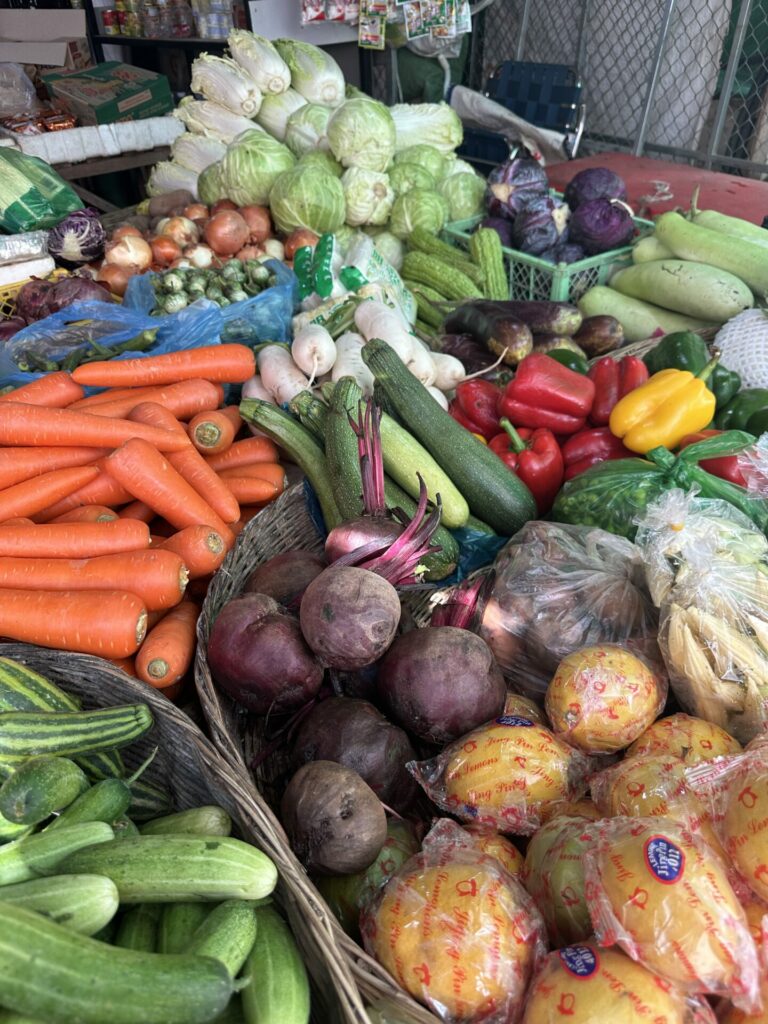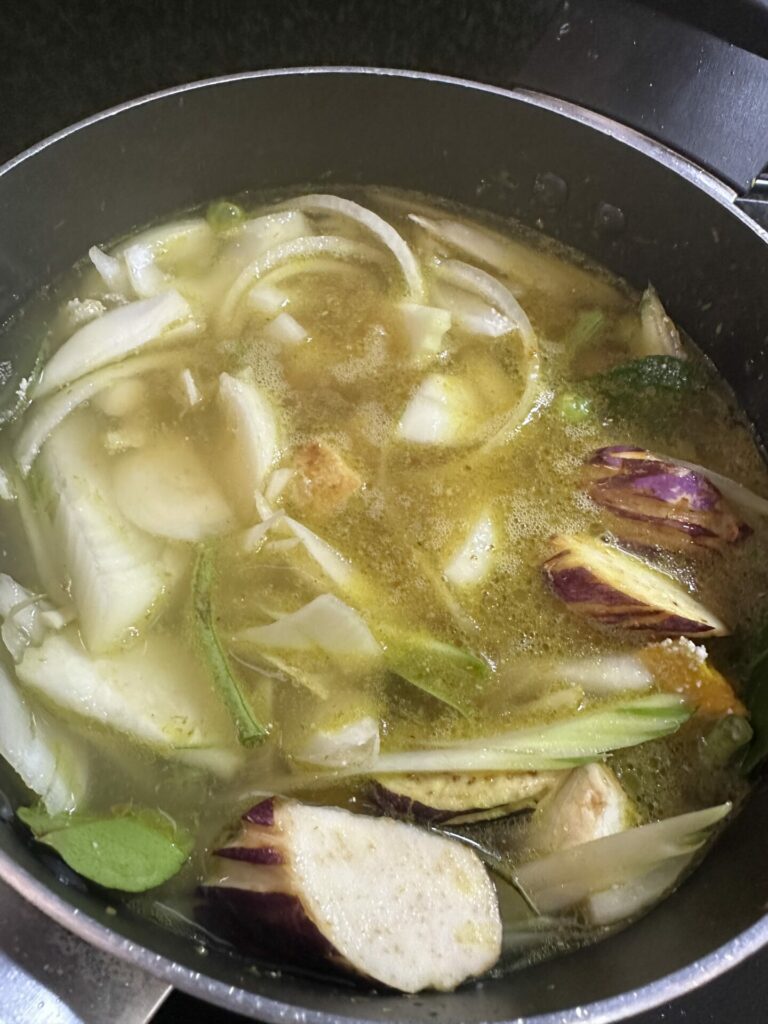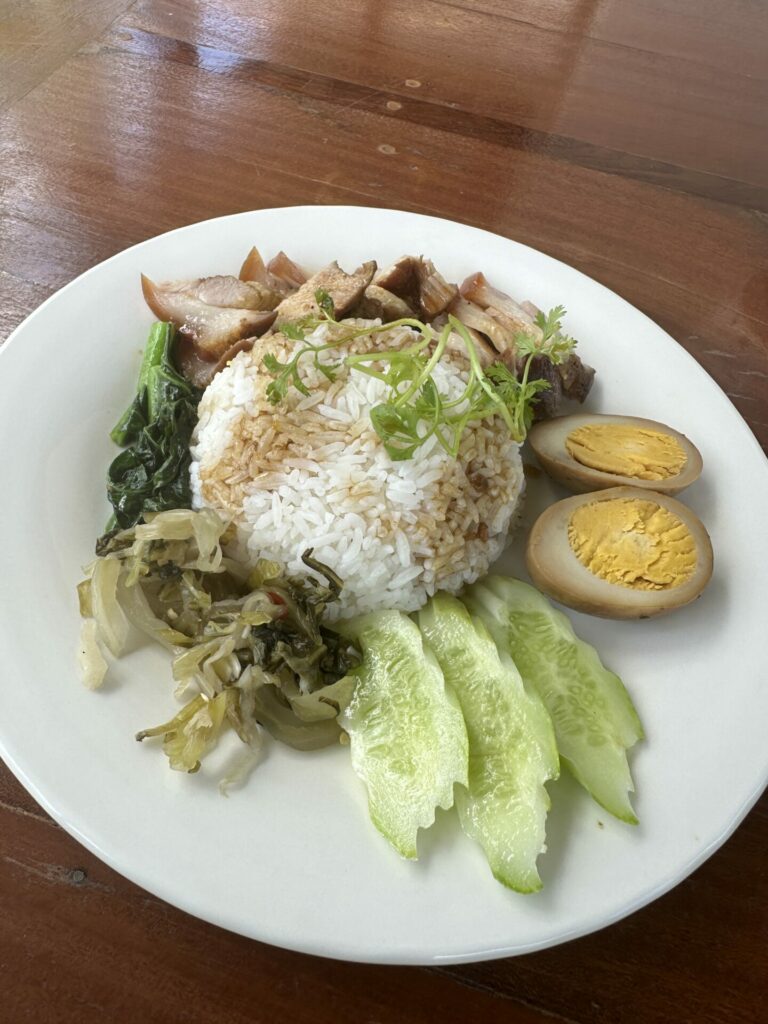
As we age, maintaining a balanced diet becomes increasingly important for our overall health and well-being. For older adults in Cambodia, a country rich in cultural heritage and diverse culinary traditions, the benefits of a well-rounded diet are profound. This blog post explores why a balanced diet is essential for seniors and how it can help them lead healthier, more fulfilling lives.
1. Nutrient Absorption and Digestion
As people age, their bodies undergo various changes that can affect nutrient absorption and digestion. The digestive system may become less efficient, making it harder for older adults to absorb essential vitamins and minerals. A balanced diet, rich in a variety of nutrients, helps ensure that seniors get the necessary vitamins and minerals their bodies need. Including foods high in fiber, such as fruits, vegetables, and whole grains, can aid digestion and prevent constipation, a common issue among older adults.

2. Maintaining a Healthy Weight
Maintaining a healthy weight is crucial for older adults to prevent the onset of chronic diseases such as diabetes, heart disease, and hypertension. A balanced diet helps regulate body weight by providing the right amount of calories and nutrients. Traditional Cambodian dishes, which often include lean proteins like fish, plenty of vegetables, and rice, can be part of a healthy eating plan when consumed in appropriate portions.
3. Preventing Chronic Diseases
A diet high in fruits, vegetables, lean proteins, and whole grains can help prevent or manage chronic diseases. For instance, consuming omega-3 fatty acids found in fish can reduce inflammation and lower the risk of heart disease. Antioxidant-rich foods such as colorful vegetables and fruits can protect against certain cancers and support overall health. By choosing nutrient-dense foods, older adults can better manage their health and reduce the risk of disease.

4. Boosting Immunity
A well-balanced diet strengthens the immune system, making it easier for older adults to fight off infections and illnesses. Nutrients like vitamin C, vitamin E, zinc, and selenium, found in fruits, vegetables, nuts, and seeds, play a crucial role in maintaining a robust immune system. For seniors in Cambodia, incorporating locally available fruits like oranges, mangoes, and papayas can provide these essential vitamins.
5. Supporting Mental Health
Good nutrition is not only vital for physical health but also for mental well-being. Certain nutrients, such as omega-3 fatty acids, B vitamins, and antioxidants, are linked to improved brain health and can help prevent cognitive decline. Eating a variety of nutrient-rich foods supports brain function and can reduce the risk of conditions like depression and dementia. Including fish, leafy greens, and nuts in the diet can be particularly beneficial.
6. Enhancing Bone Health
Bone health is a significant concern for older adults, especially in preventing osteoporosis and fractures. A balanced diet rich in calcium and vitamin D is essential for maintaining strong bones. Dairy products, leafy green vegetables, and fortified foods are excellent sources of calcium, while exposure to sunlight and consuming fish like salmon can boost vitamin D levels.
7. Promoting Social Interaction
Meals are often social occasions, and maintaining a balanced diet can encourage older adults to engage in social activities. Sharing meals with family and friends can enhance emotional well-being and reduce feelings of loneliness and isolation. In Cambodia, where communal meals are a cherished tradition, this aspect of nutrition is particularly meaningful.
Tips for a Balanced Diet for Older Adults in Cambodia
- Include a variety of foods: Ensure meals include a mix of fruits, vegetables, lean proteins, and whole grains.
- Stay hydrated: Drink plenty of water and limit sugary beverages.
- Limit processed foods: Reduce intake of foods high in sugar, salt, and unhealthy fats.
- Eat moderate portions: Focus on portion control to maintain a healthy weight.
- Enjoy traditional foods: Incorporate traditional Cambodian dishes that are naturally balanced and nutritious.
Homecare Cambodia gives advice for a balanced diet
We discuss with our clients and families, as well as health care professionals, involved what the best diet is. Our caregivers are advised to follow instructions and explain the diet to our clients.
-
Planing a holiday? We take care of your elderly family members
Planning a trip but worried about leaving a loved one who needs care? Let us help! We provide compassionate care for your elderly family members while you relax and enjoy your well-deserved holiday. Want extra peace of mind? We can even accompany your family on vacation to ensure your loved one receives the attention they…
-
Home Care Cambodia is a sponsor of Siem Reap FC women’s team
Empowering women both on the field and in everyday life Home Care Cambodia is proud to announce its sponsorship of the Siem Reap FC women’s football team. “We believe that women’s football has a bright future in Cambodia, and we want to contribute to its growth,” said Operations Manager Veng Sokchea. “It’s not just about football,…
-
What we offer at Home Care Cambodia
After three months of training, we are excited to announce that Home Care Cambodia in Siem Reap is fully operational! We’ve already received our first customer requests, and we’d like to share more details about the services we offer. Our Services At Home Care Cambodia, we provide comprehensive in-home care for elderly and ill individuals.…

Leave a Reply